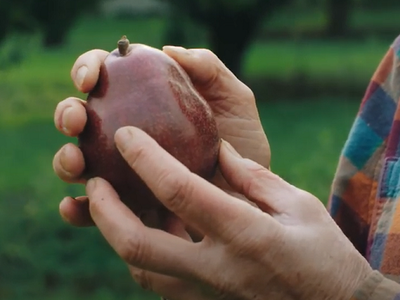Is Natural Better Mosquito Protection
I’m Susan Allen Reporting for Open Range, summer officially begins today meaning most of us will be spending prolonged periods outdoors becoming mosquitoes magnites. In this new organic era there are a host of natural methods to repel bug bites but do they work when it counts? When Open Range returns some new information from the American Council on Science and Health. Citronellas plus an array of plant oils are creating a new nich alternative markets to DEET the product traditionally used to protect people and animals from mosquitoes. A recent report for the American Center for Science and Heath found a tremendous variation in the effectiveness of natural insecticides or so called “minimum risk” pesticides, in fact those very words should be a heads up for consumers, because minimum risk repellents are not required to demonstrate how well they work or for how long they are active.” In fact “natural” does not always equate to safer, there are “natural repellents” that are stronger than the ever popular DEET, more on par with DDT. One being Isolongiflenon, made from pine oil derivative. While you’d never spray it on your toddler it holds incredible promise for tropical locations in combating malaria. What should worry consumers is that many natural insect repellents are exempt from the safety testing that the EPA requires of more standard mosquito sprays that currently are tested both for length of effectiveness and safety. Interesting isn't it that a consumer will opt for a "natural" product that has never undergone any safety testing yet fear a synthetic chemical with a long history of safe use.

















